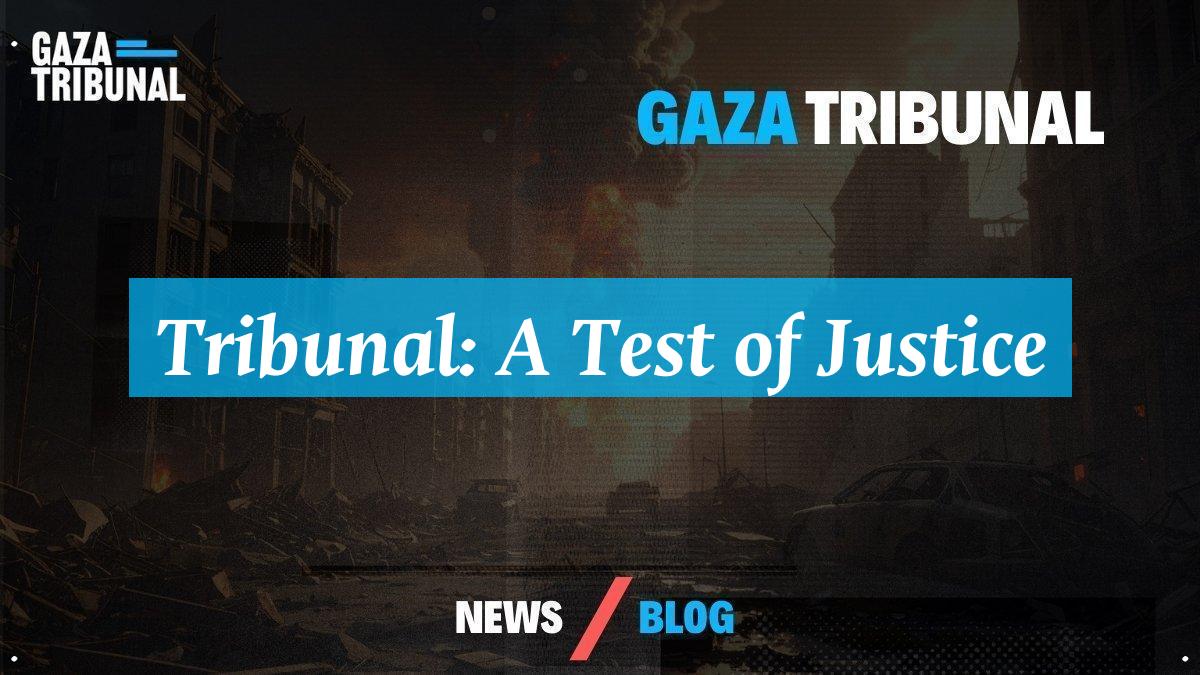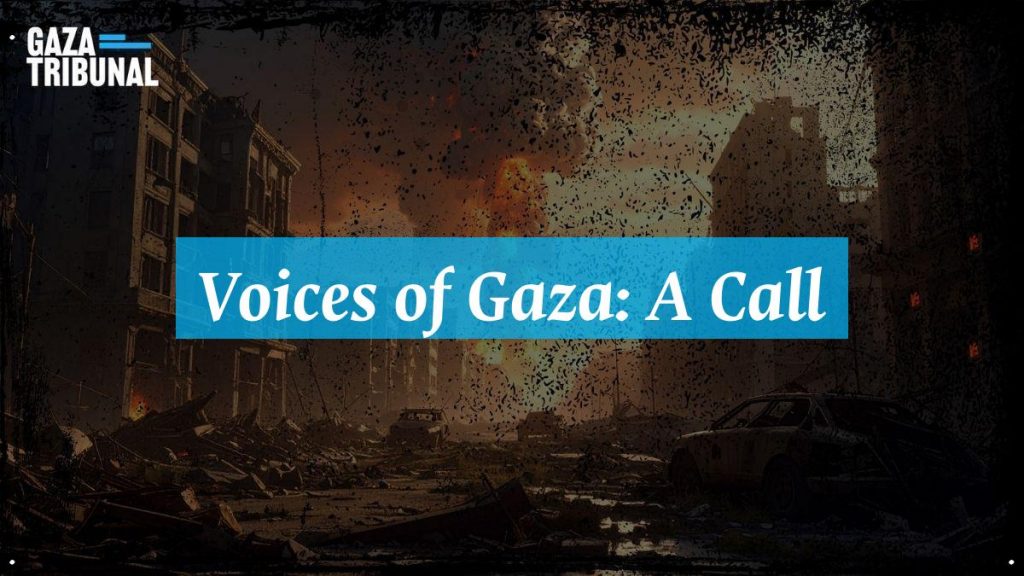In the wake of the October 7 tragedy, the scars run deep in Gaza, forever altering lives. As Hanadi Siyam shares her story, one can’t help but feel the weight of her experiences, which poignantly contrast the laughter of her childhood with the heart-wrenching silence that now pervades her home. Each memory serves as a reminder of the joy that once thrived amidst the chaos, a stark reminder of the love and unity that characterized her family life. Also, it compels us to confront a crucial aspect of humanity: how do we respond to such profound loss? The resilience shown by Hanadi and others in similar predicaments raises a vital question: can we, as witnesses to their struggles, truly honor their memories and demand justice? Read more about the ongoing situation in news articles.
All converges upon a single inescapable truth, through Hanadi’s eyes, we’re invited to explore the broader implications of the suffering experienced by families in Gaza. With Jazeera’s sombre reports as a backdrop, her journey encapsulates not just a personal tragedy, but the collective pain of her community. As she confronts the shifting landscape of her dreams and aspirations, it becomes clear that to remember is to take action. “Survival itself became a responsibility,” she states, echoing the sentiments of many who navigate the turmoil. Thus, we are called to amplify their voices, ensuring that the stories of these enduring spirits are not forgotten. How will the world react to these narratives that echo with both sorrow and resolve? Together, we must strive to keep their legacy alive, creating a path toward understanding and accountability. Visit Gaza Tribunal’s homepage for more insights.
The Life Before Conflict: Dreams in Gaza
In the vibrant streets of Gaza, Hanadi Siyam’s childhood blossomed against a backdrop of family warmth. Her father, a dedicated contractor, built not just homes but dreams. Each day, laughter filled their home, echoing with the voices of her two sisters and two brothers. “Gaza was beautiful,” she reflects, “because of its people—their spirit, their cooperation, their gatherings.” This community nurtured her ambitions, fueling her desire to pursue higher education.
She embarked on her educational journey with courage, leaving Gaza for the first time just a year before the war. The transition challenged her; new languages and cultures awaited. “My family supported me a lot,” Hanadi recalls, a hint of pride in her voice. “They believed I deserved this opportunity.” She envisioned returning as a better version of herself, dreams in tow. But then, “October 7 came and turned everything upside down.” That day shattered her world.
The Day of Loss: November 11
November 11 marked a turning point for Hanadi. She sat studying for an exam, while the world outside darkened with grief. Al Jazeera’s murmurs filled the air, but her focus wavered. When she called her father, his voice didn’t bring comfort. “Not normal,” he said, trying to shield her from the truth. But grief doesn’t wait for exams. “Has someone been martyred?” she asked, bracing for the worst. Her heart sank upon hearing the answer: her beloved aunt Sally and her sister’s husband, Ibrahim, had been lost.
Hanadi felt a heaviness settle within her. University became an afterthought; her professors reached out, concerned for their top student who had vanished. “If you lose your scholarship, I’ll give you another,” one assured her. Yet, she remained a ghost in her own life—attending classes, passing exams, but not quite present. The weight of her losses pressed heavily against her. How could she keep going?
Remembering Zakiya: A Grandmother’s Love
Just a month later, tragedy struck again. Hanadi’s grandmother, Zakiya, had gone out to knead bread. She never returned. An airstrike targeted her residential building without warning. “An ordinary civilian house. Civilian, civilian, civilian—nothing in it,” Hanadi insists, her voice breaking. Zakiya was not just a grandmother; she was a mother figure, a source of tenderness and affection. The balcony was filled with mint and cactus, symbolizing her love for life.
Hanadi recalls Zakiya’s grief over her daughter Sally, who had been killed. “Take me to my daughter,” she would plead at the window. The cruel irony of fate struck hard; Zakiya became a victim, martyred alongside her relative and two young children. The pain of loss enveloped Hanadi. She stood helpless, grieving a woman who had been her refuge and her heart. “How could this happen?” she wondered, searching for answers in the chaos.
Gaza: The Voices That Keep Me From this emerges an illuminating insight
“Survival itself became a responsibility,” Hanadi states, her resolve evident. The daily struggle for food and water defined their existence. Her younger brother, Maysara, described running toward bags of flour, navigating a landscape filled with death. “I walked over corpses,” he recalled, the innocence of childhood stripped away. The faces in photographs now reflected weariness and hardship. “Fatigue changed us,” Hanadi acknowledges, her heart heavy with the burden of survival.
Yet, amidst this darkness, Hanadi clings to hope. “I still believe she’s with me in my details,” she says, her voice softening. She keeps her family’s pictures hung on the walls, saying good morning and good evening to them. Each achievement becomes a tribute to their memory. “When I grow up, they’ll be proud of me,” she whispers, determination shining through her grief. Thank you for joining me on this journey. Together, we can remember and honor those lost. Source: plushaberler.



